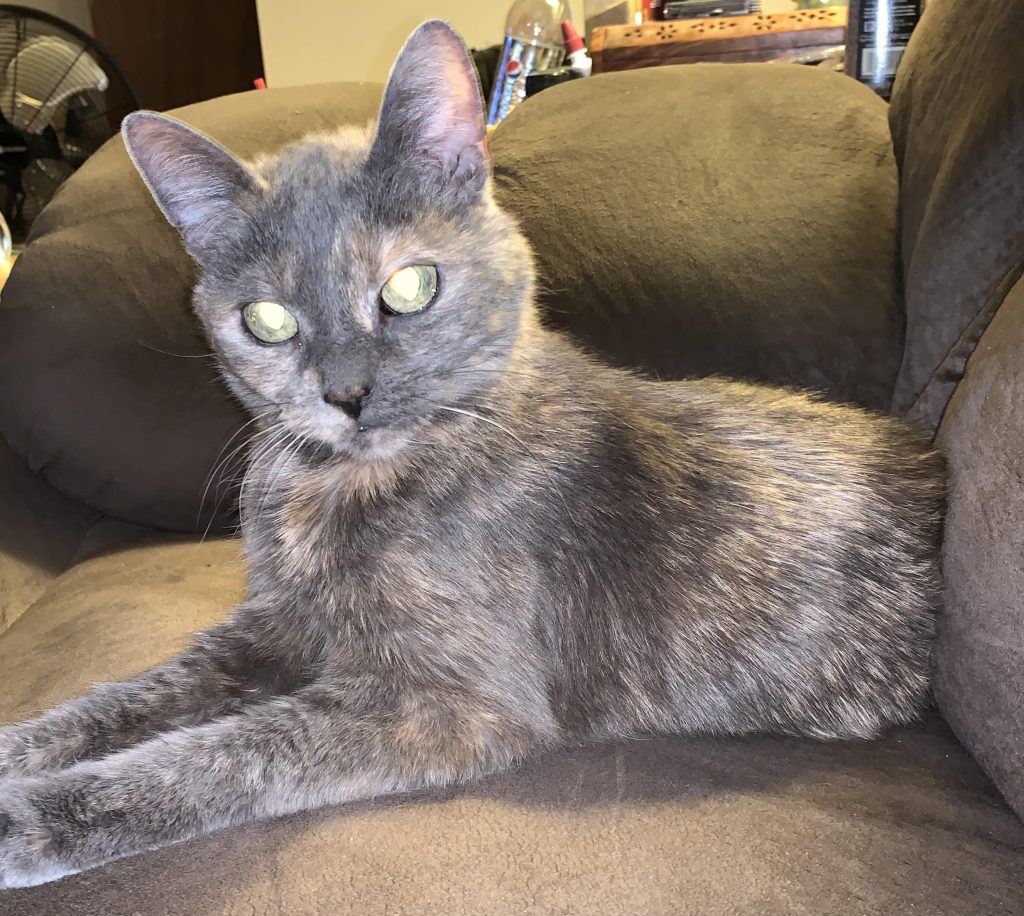This post is inspired by Question #14 from this list.
What does it mean to be out of the broom closet? I mean, in one sense, I post blog posts about being a witch, so I’d say I’m pretty “out.” I’ve also been known to wear Pagan themed tee shirts in public. So yeah, I suppose you could say I’m “out.”
But then, there are people in my life that probably don’t know I’m a witch simply because the topic has never come up. Most of my coworkers probably know nothing about my spiritual or magical views. That’s mainly because I don’t have the kind of relationship with them where such conversations would come up naturally or be appropriate.
Being gay, I’ve also come out of that closet, which I think has affected my views on the broom closet a little. I came out as gay hard. I had to as a matter of reclaiming my sense of worth and to survive. As part of that, I came out at my first job. That led to weird situations. I often felt like the “zoo exhibit” because of my sexuality. One coworker asked questions that weren’t really appropriate. Others make jokes that were far less subtle than they thought.
When I changed jobs, I decided to be a little less conspicuous and decided that I would only come out if it was appropriate. At the time, I was single, then got into a relationship that I wasn’t sure was ever going to go anywhere (it didn’t). So it was pretty easy to keep my sexual and romantic life (the former was non-existent at the time anyway) away from the water cooler conversation.
I will note that at that job, I did accidentally out myself as a witch. I had a tendency to check out the Wiccan and Pagan message boards I frequently on my break, and more than one coworker managed to walk into my cubicle at the perfect time to see what I was reading. Fortunately, they just chuckled and moved on.
So yeah, I’m more or less open about my spiritual and magical practices. I don’t hid them. But I am selective about who I start up a conversation about them with.

